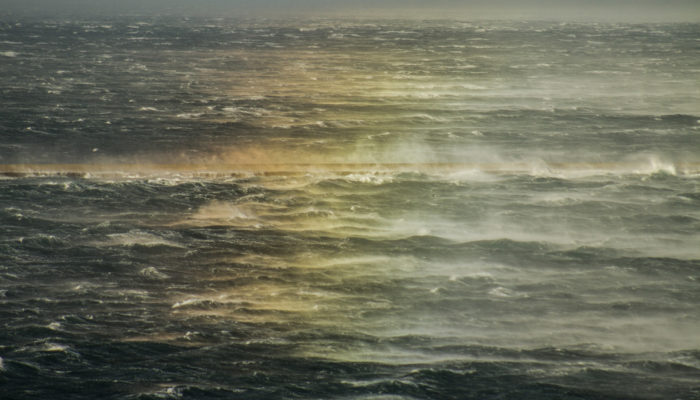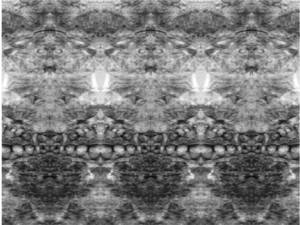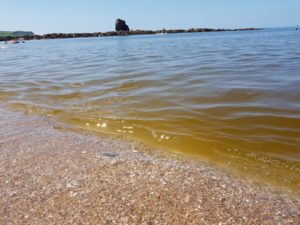
The deadline for vEGU21 abstract submission is coming closer – here is the second blogpost where we highlight a few sessions across the five BG themes, today from the General Biogeosciences sessions pool and with a focus on deep time and the recent past.
To foster a discussion of the reconstruction of ecological baselines and natural range of variability for a better understanding of the long-term resilience and adaptive capacities of ecosystems facing multiple stressors, co-conveners Rafal Nawrot, Paolo G. Albano, Stefano Dominici, Niklas Hohmann and Vanessa Julie Roden invite contributions ranging from near- and deep-time perspectives on ecological and evolutionary processes at times of rapid environmental changes from the Anthropocene biodiversity crisis to Phanerozoic mass extinction events. Conservation Paleobiology: insights from deep time to recent past (Co-organized by SSP4.3/BG1/CL1, co-sponsored by CPN) will discuss opportunities and limitations of using different types of geohistorical data to address pressing questions in conservation biology.
With a focus on mineral formation processes and the geochemical, biological, mineralogical, and isotopic information that can be gained from analysing mineral archives, Patrick Meister, Silvia Frisia, Dorothee Hippler and Sally Potter-McIntyre invite research from modern systems to ancient rocks, experiments to computer simulations, high-resolution microscopy and spectroscopy techniques to contribute to Mineral archives – insights from modern and ancient marine, terrestrial, and man-made systems (Co-organized by SSP3.6/BG1/GMPV5).
Changes in oxygen levels at the Earth’s surface have fundamentally shaped our planet, reducing conditions from anthropogenic activities are increasingly reported in modern aquatic environments – Oxygen on Earth from the Precambrian to the present: the environmental and ecological impacts of (de)oxygenation events (Co-organized by SSP2.2/BG1/CL4/GMPV3, co-convened by Lawrence Percival, Alexandra Rodler and Niels van Helmond) will explore long- and short-term changes in oxygen levels throughout Earth history from the Great Oxidation Event to Phanerozoic mass extinctions to modern aquatic environments with a focus on causes and biospheric impacts of de-/oxygenation events.
Conveners Yongyun Hu and Zhongshi Zhang invite contributions on Earth’s habitable history for improving our understanding of present and future changes of the Earth system. Deep-time climate simulation and reconstruction (Co-organized by CL1.14/BG1/SSP1) will investigate deep-time climate simulations and reconstructions over the tectonic time scales using models as well as reconstructions through geological, geochemical and paleontological research.
Blogpost written by Alexandra Rodler


